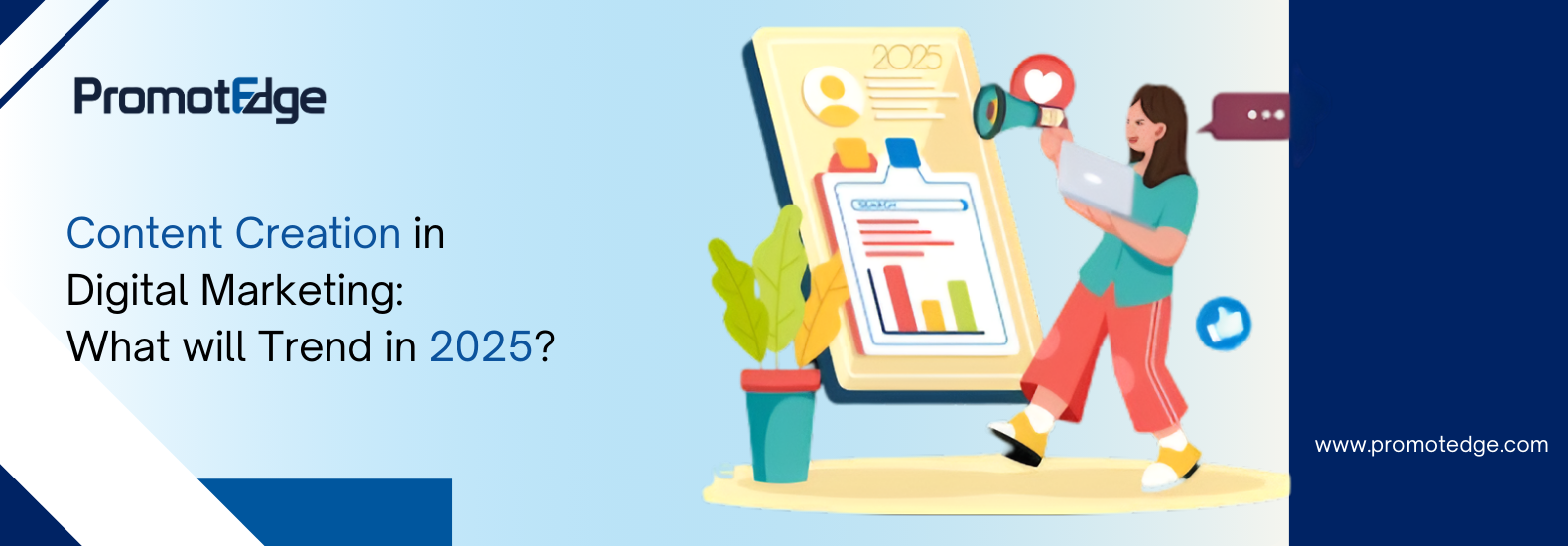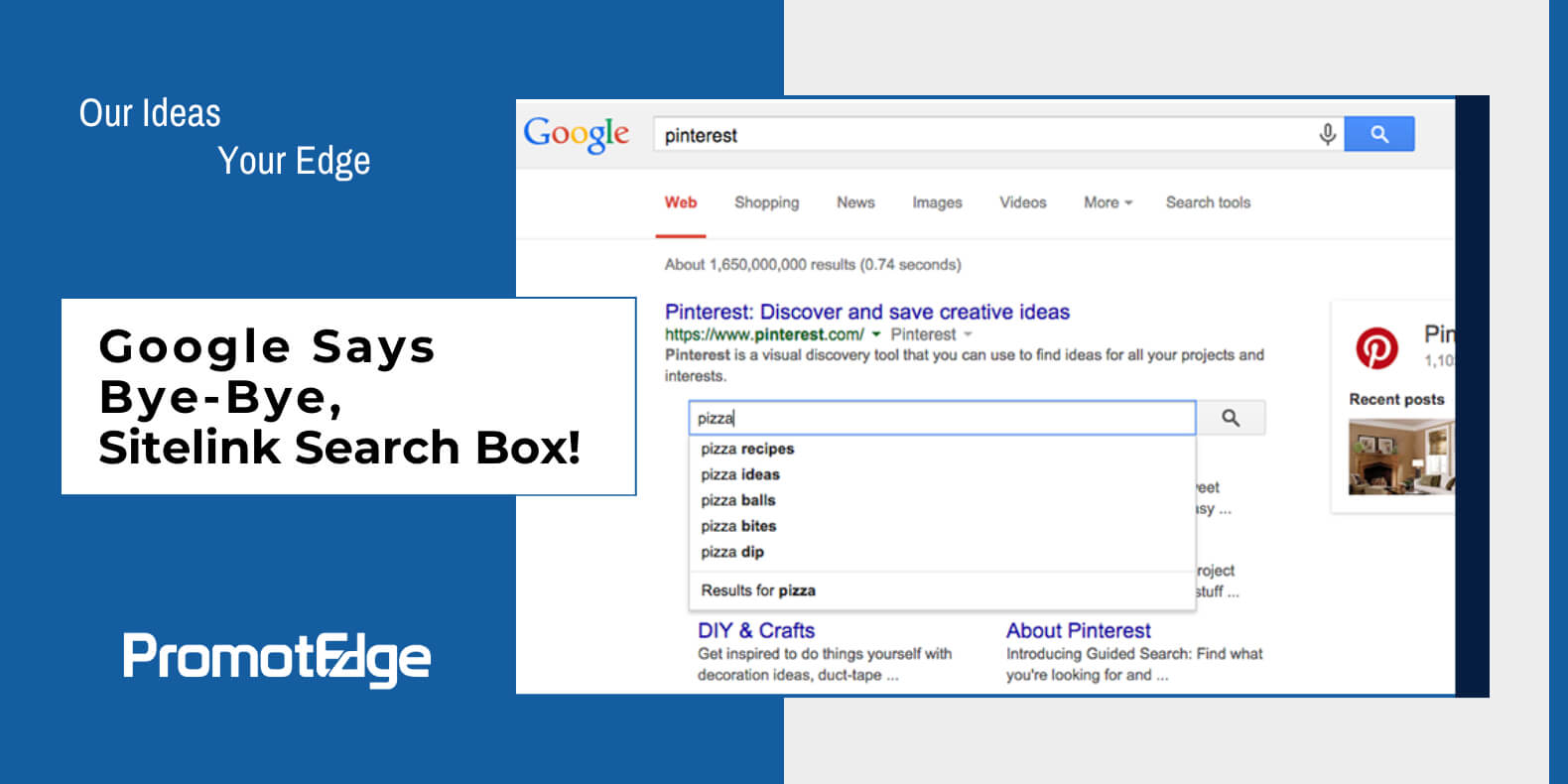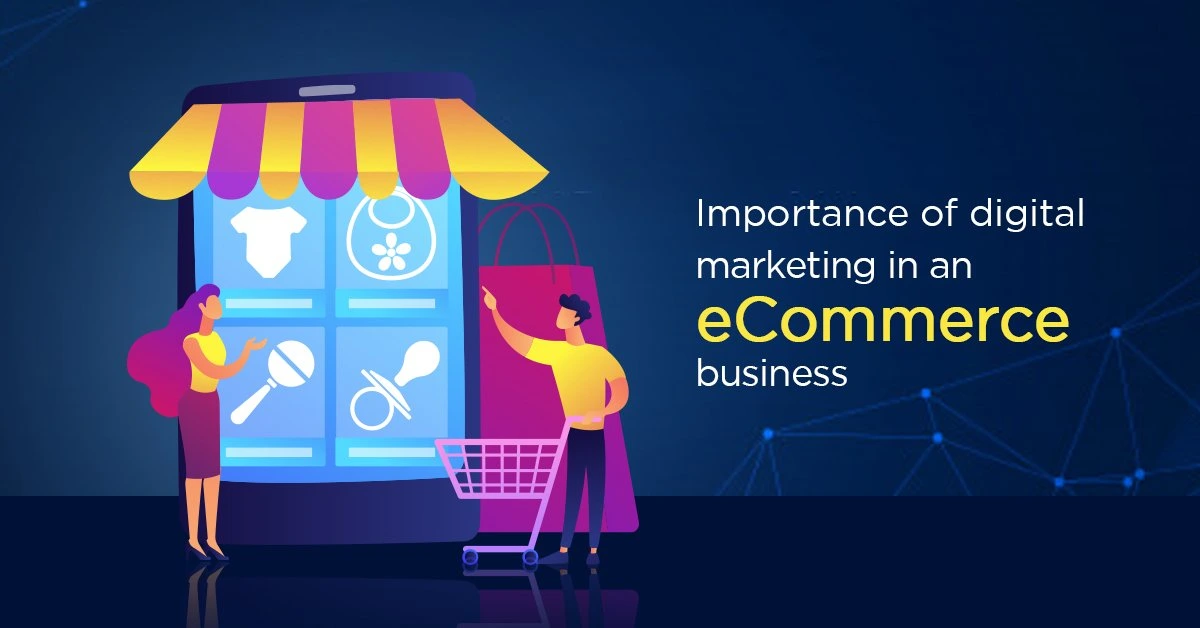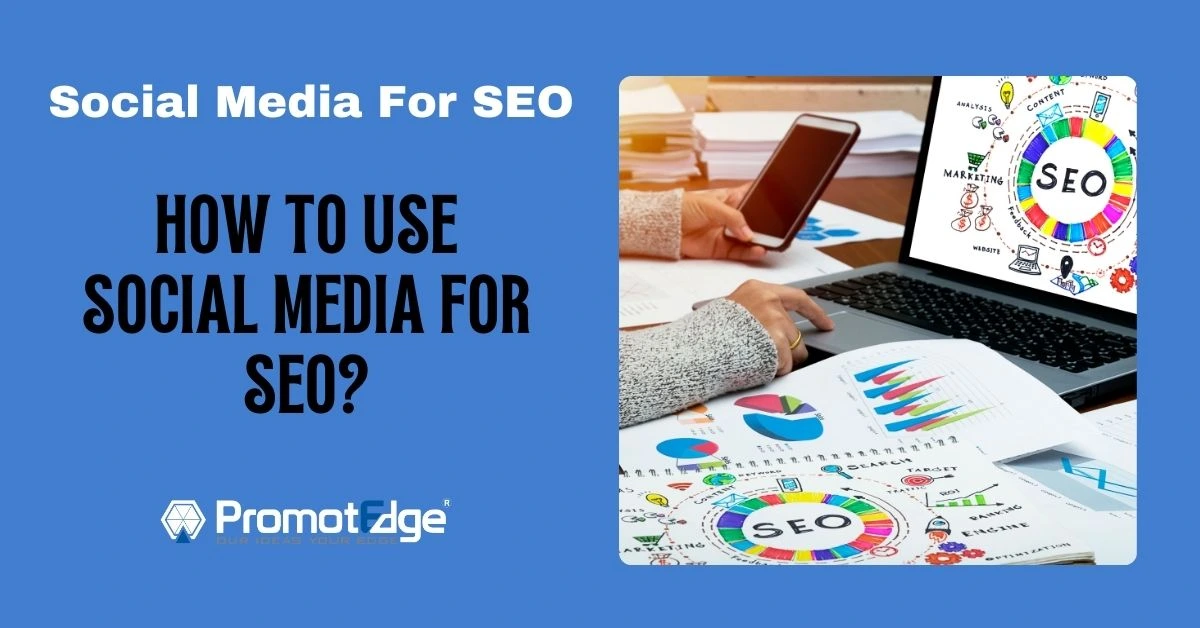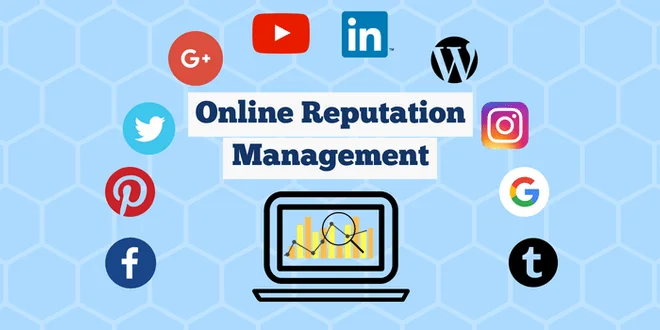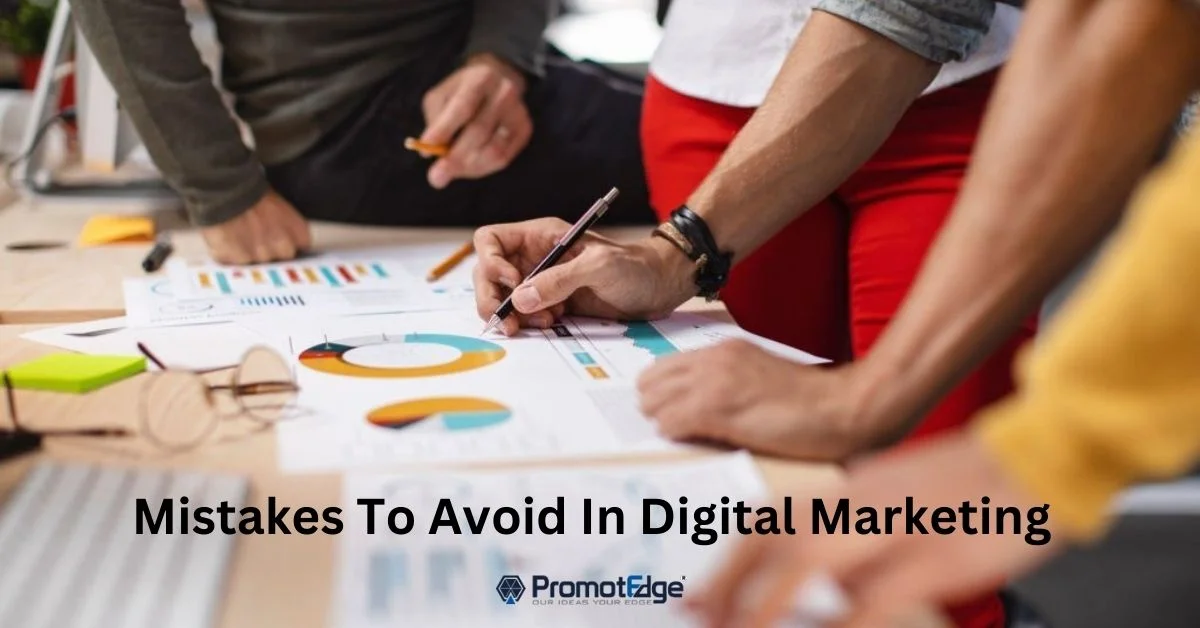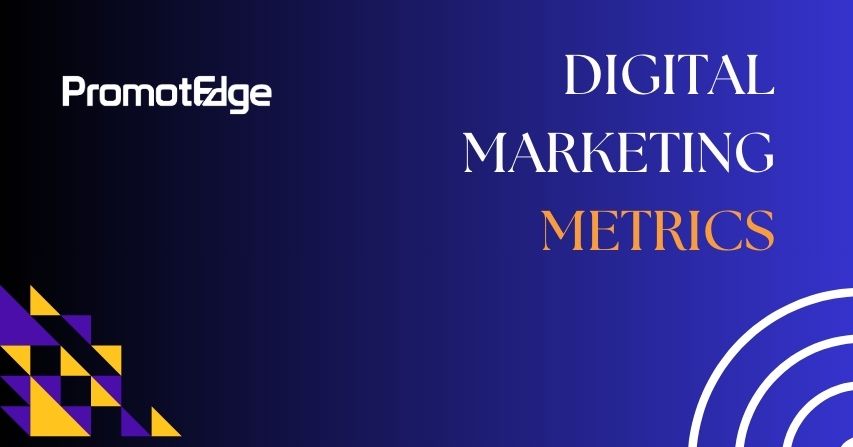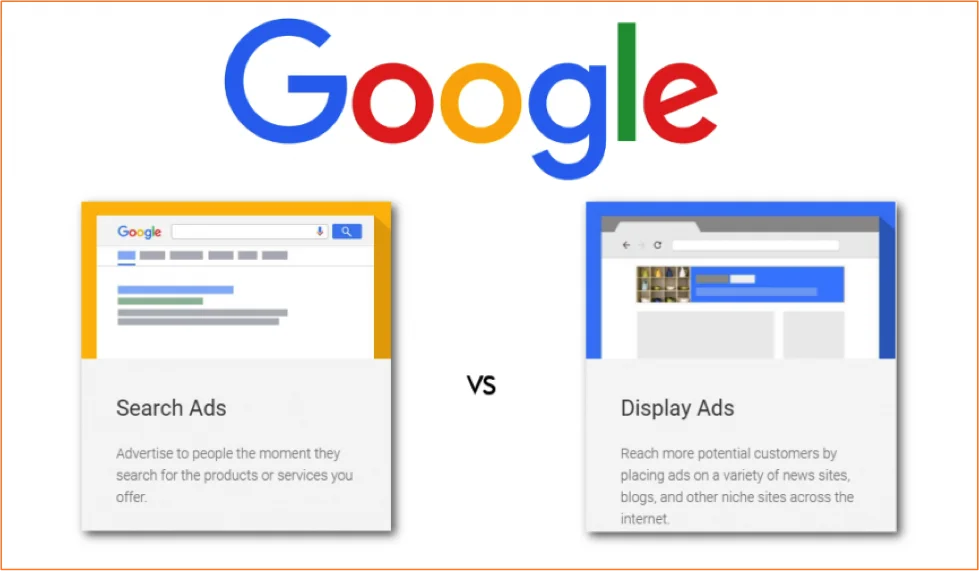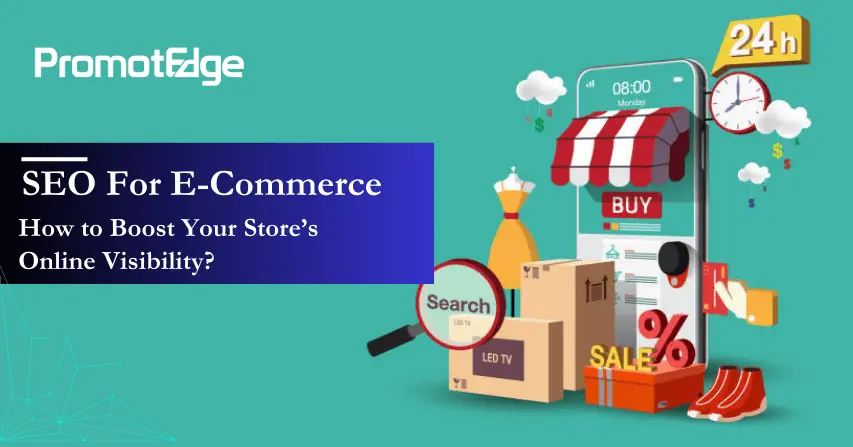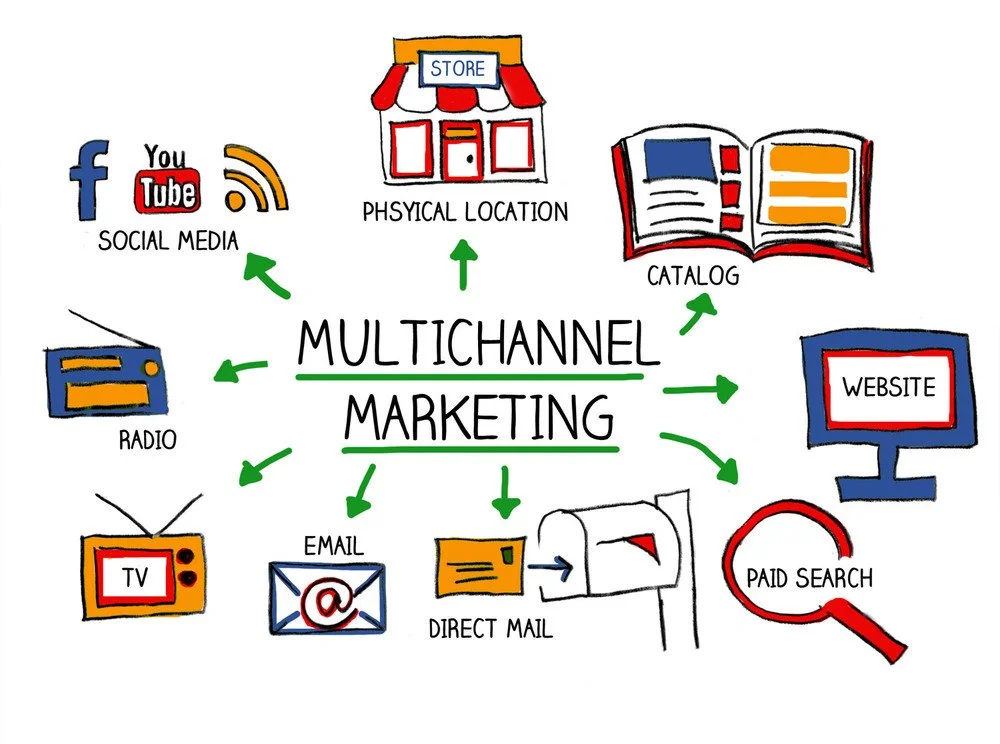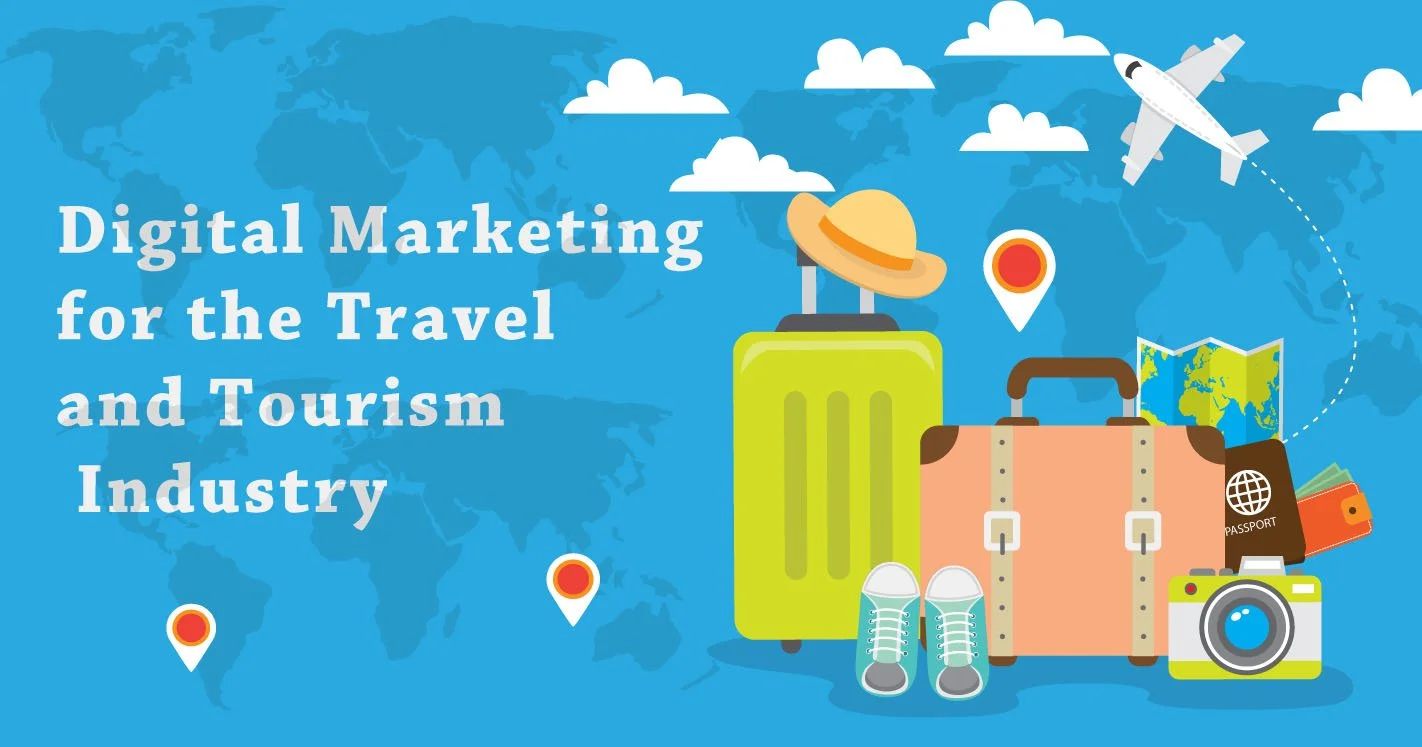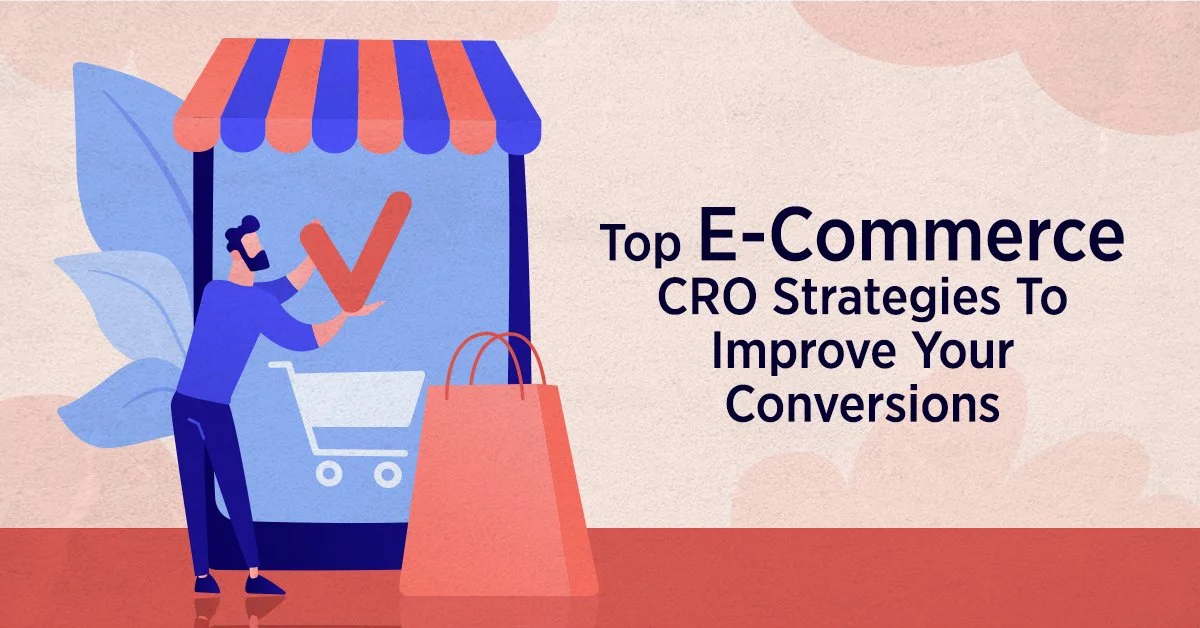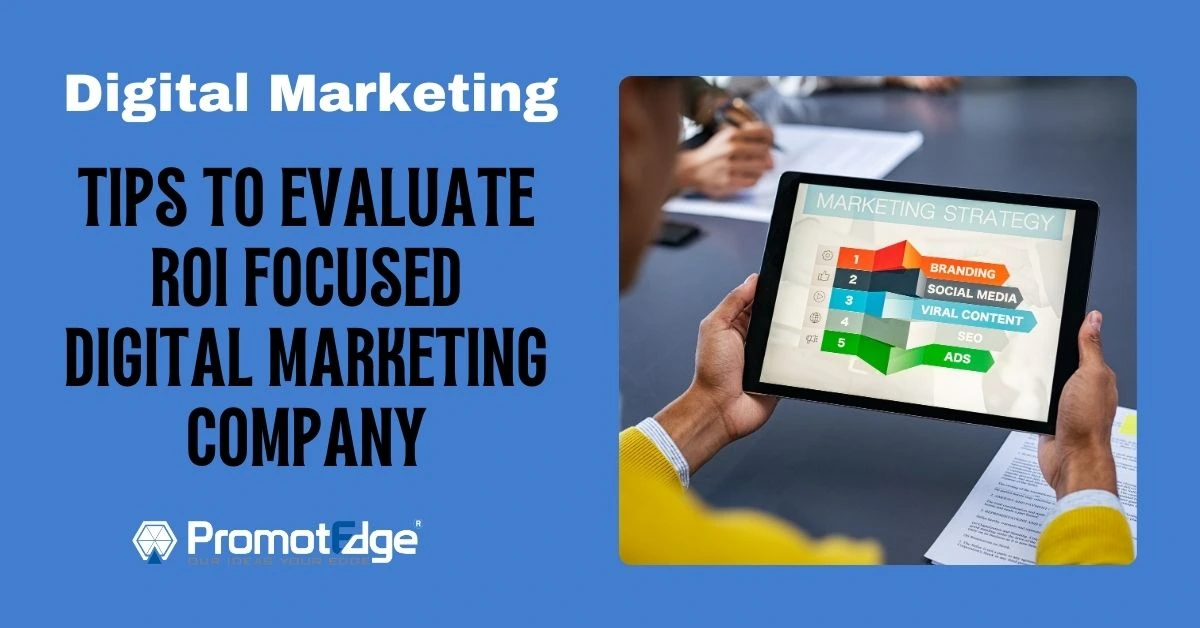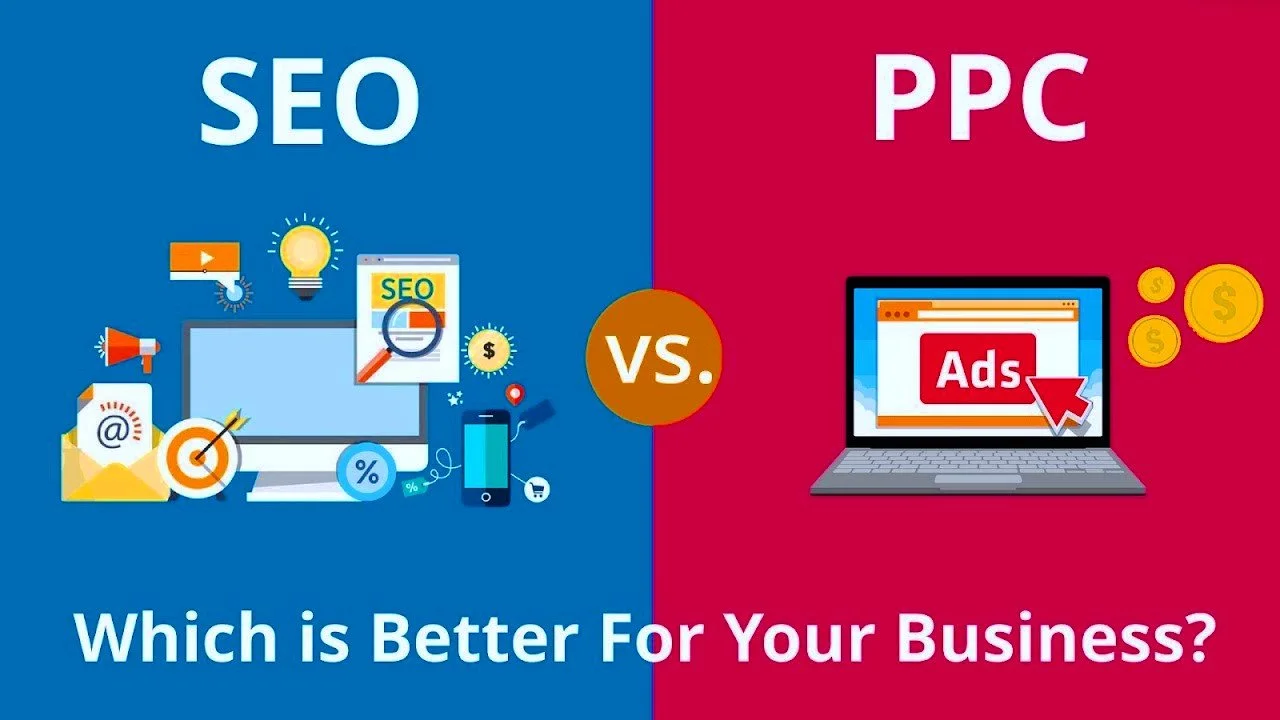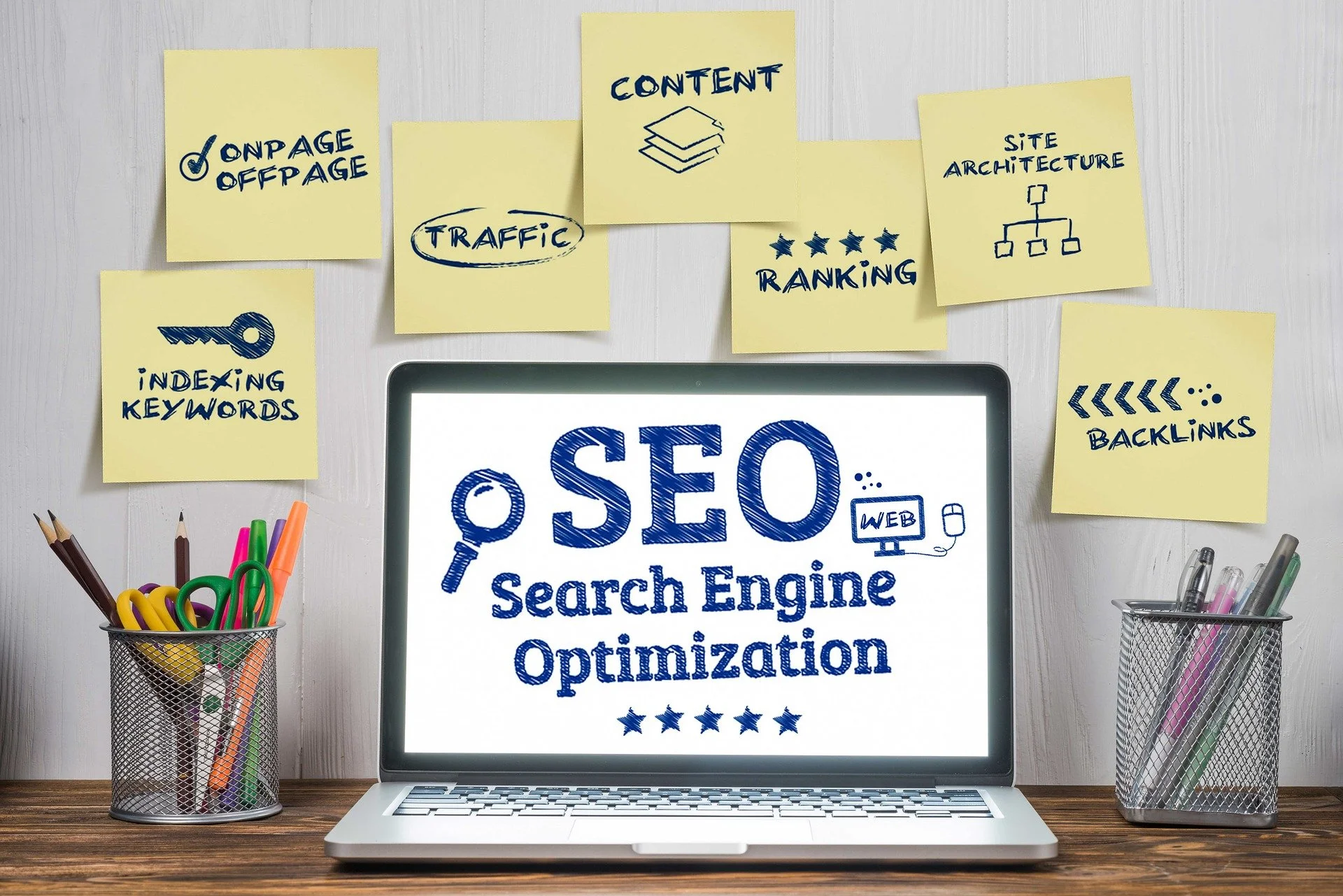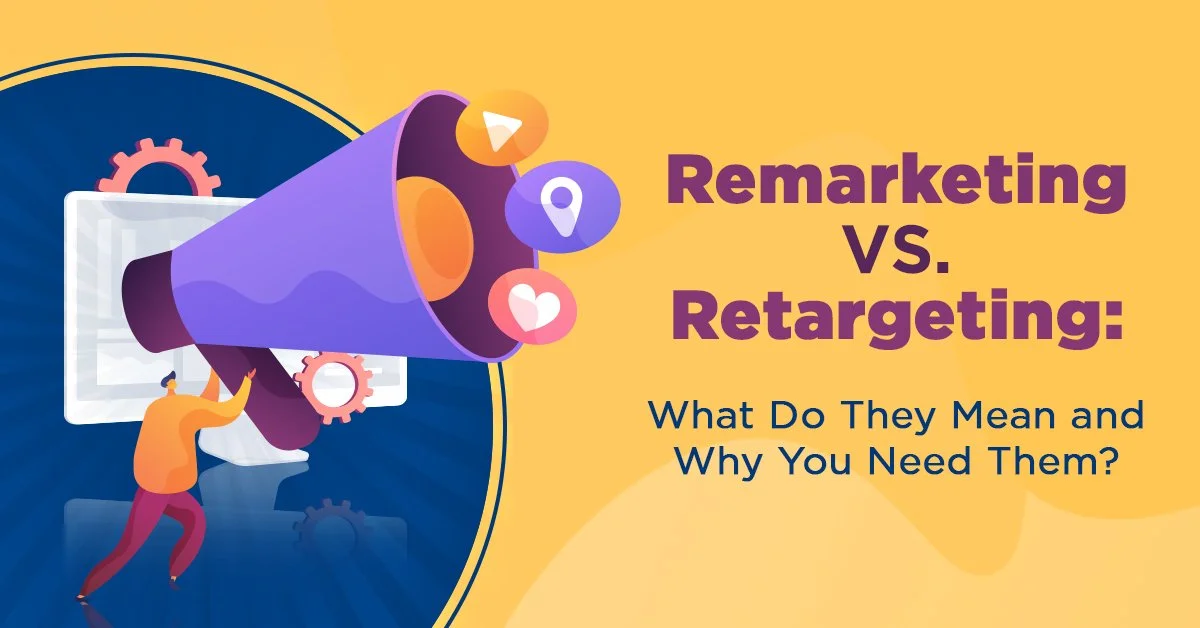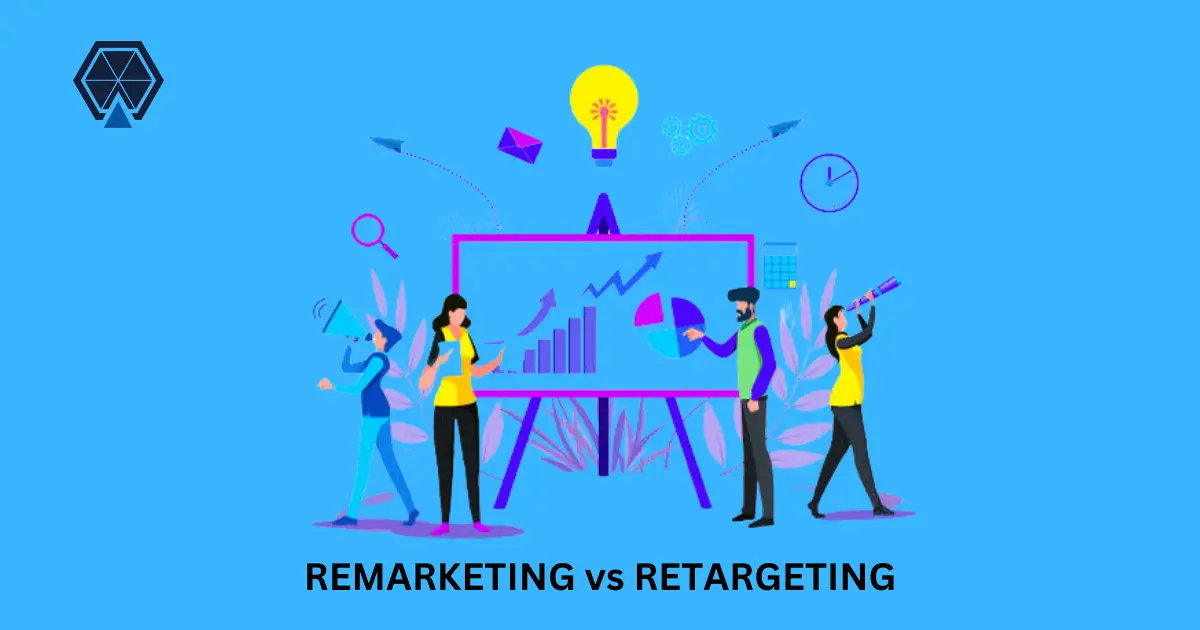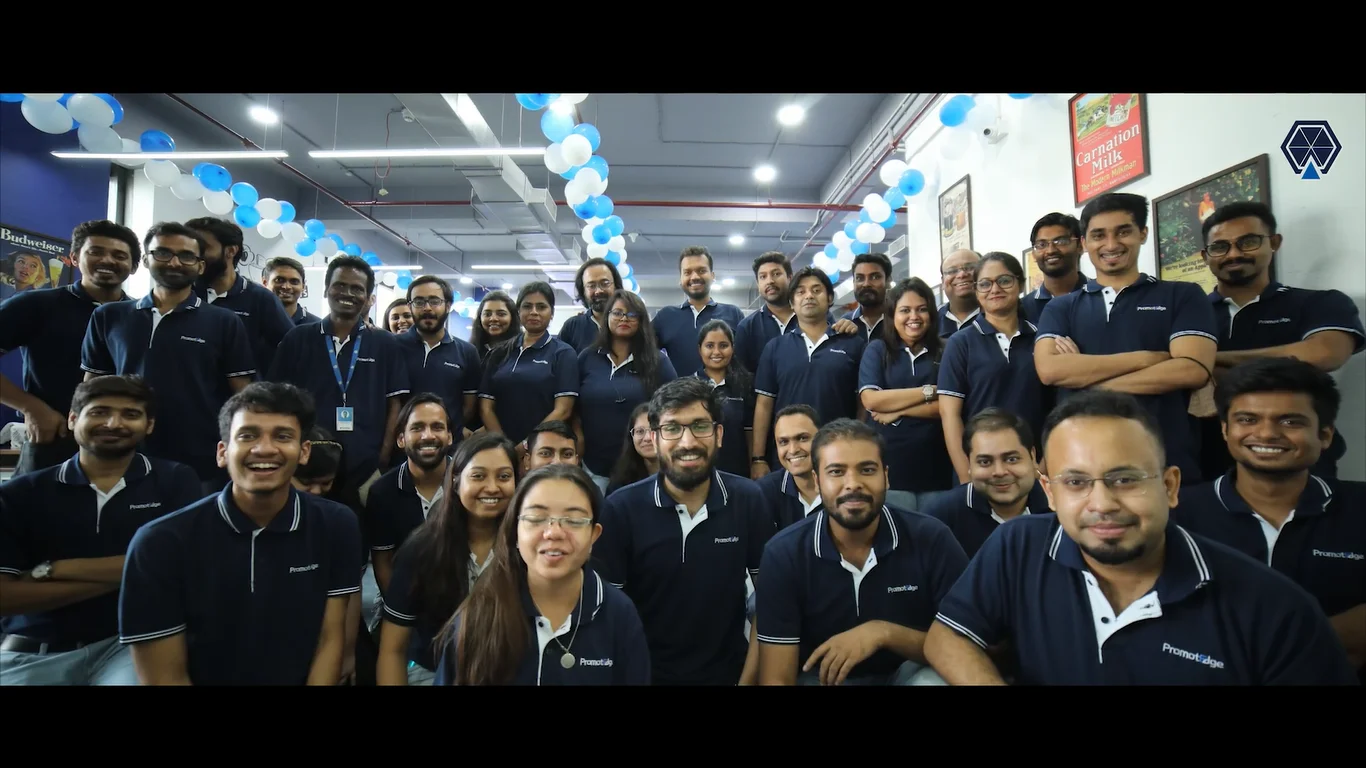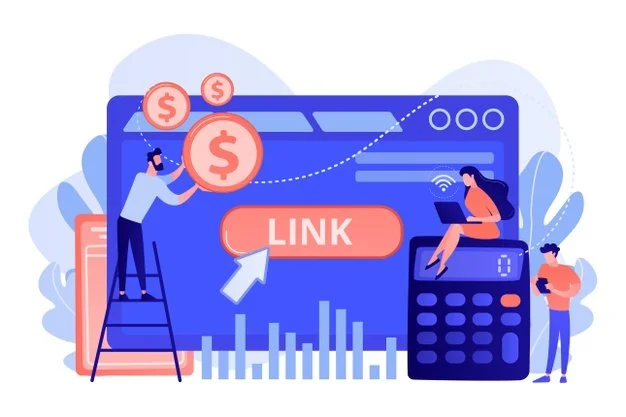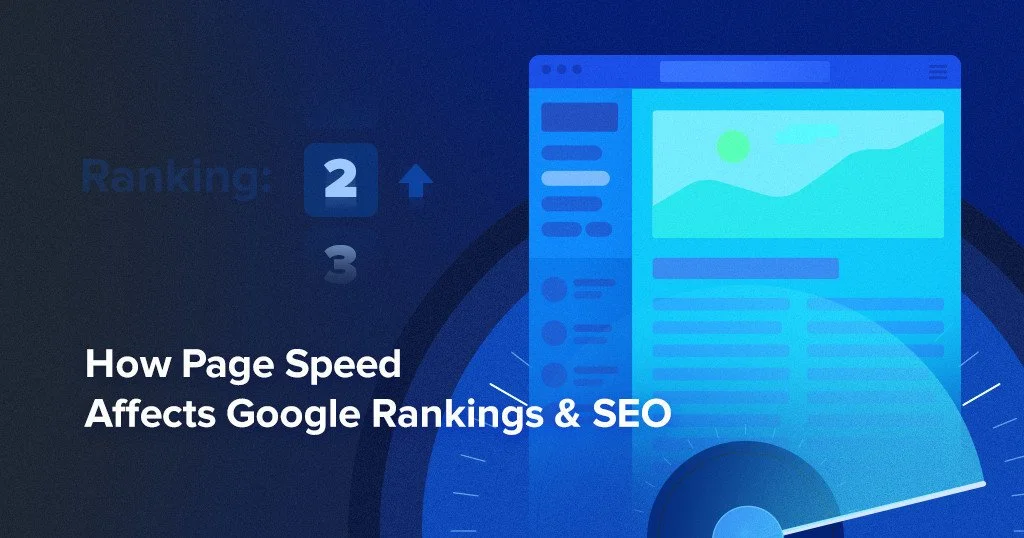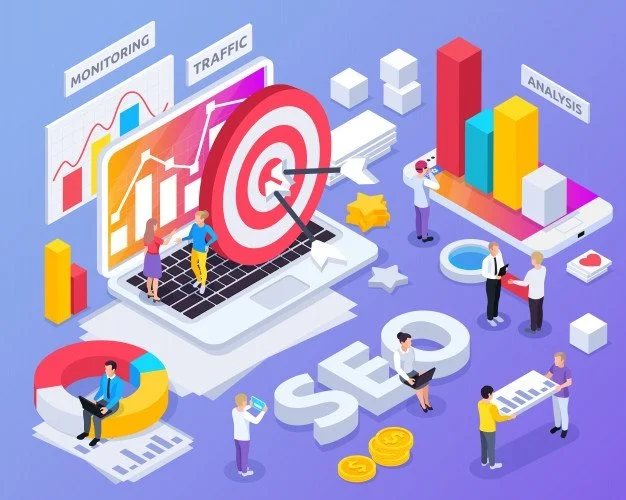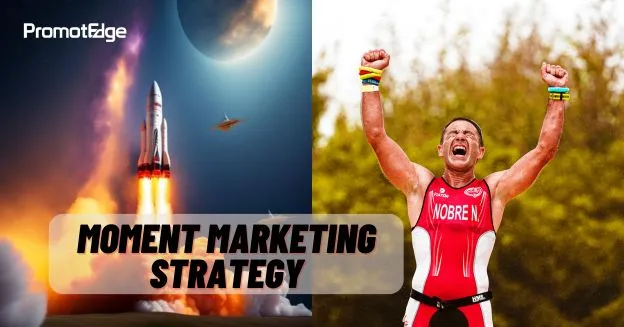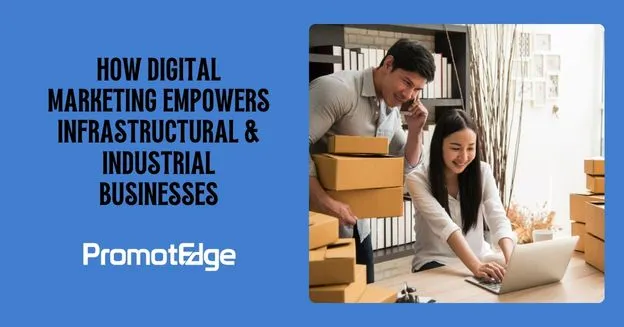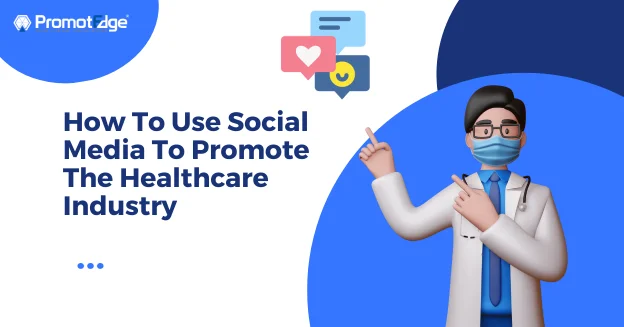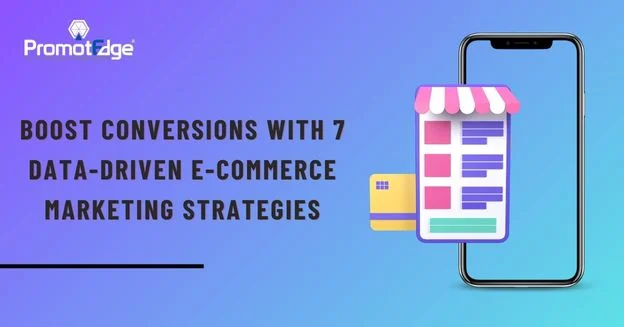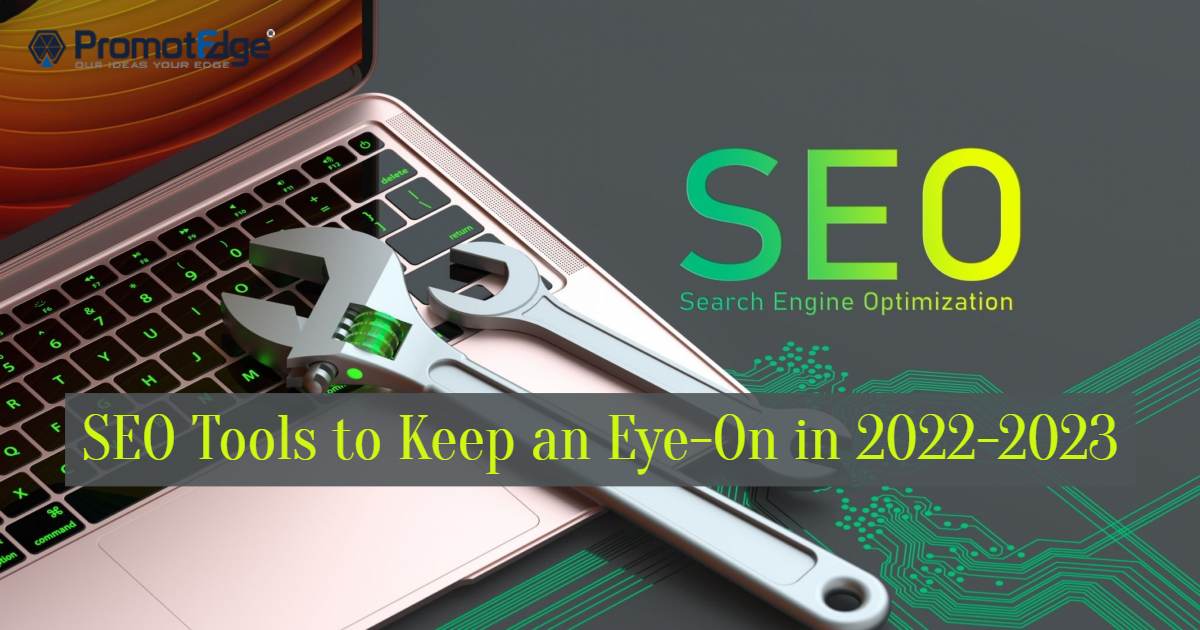The Ultimate Local SEO Cheatsheet To Skyrocket Your Business
-
Published Date
Sep-17-2024
-
Views
2 Min Read

Have you ever typed “North Indian Restaurants” into Google? If so, you’ll notice that the search results will show restaurants that are close to your location, depending on where you are. This is not magic!
It happens because search engines are smart enough to take into account the geographic location of searchers to give them more relevant results. They know you’re looking to buy something in your area unless otherwise stated.
So if you optimize your website according to your region/city/state/country, it will show through better online visibility for local searches.
Now that the basic concept of local SEO is clear to you, let’s get to the meat of the matter.
In this blog, you can expect a lot of interesting stats, facts, tips, tools and guides on Local SEO. Let’s get started.
1. Set up your Google My Business profile
An optimized profile will increase your visibility in the results of Google Search and Google Maps, when your local audience searches for products/services. Provide Google with as much information as possible, such as business hours, product/service categories, phone number, website URL, photos, videos, description, etc., and update it with relevant information. But the work doesn’t end here. You will receive a card to your business address from Google, which includes a PIN. You will need to verify this via email. You also need to request your customers to share reviews for your GMB listing, but don’t be obsessive about it because multiple reviews at a single point can raise suspicion and lead to account suspension.
2. Optimize for Schema (Structured Data Markup)
Helps search engines like Bing, Google, Yandex and Yahoo! better understand your local business and display information like address, phone number, etc. in the SERP for local queries. To do this, you need to use Google’s Structured Data Markup Helper to test its validity; tag data like events, reviews, price, FAQ page, etc.; create HTML; add the schema to your website and test the result.
You May Also Like: White Hat vs Black Hat SEO Techniques and Why White Hat SEO is The Only Way
3. Source locally relevant backlinks
Links from local blogs, neighboring businesses or other websites are treated by Google as “votes” for your business. Google rewards websites with a large number of backlinks by ranking them higher in search results. You can earn backlinks by writing guest blogs for local blogging sites, getting mentioned in local press releases, participating in local sponsorships or events, or creating compelling localized content on your site that other sites in your niche or industry would want to link voluntarily. You also need to prompt those who link to you to include your company’s location in the backlink, i.e. optimize their anchor text to “the best SEO company in Bhubaneswar” instead of “the best SEO company” in case you own a company that provides SEO services in Bhubaneswar.
4. Research your location-specific keywords
Use keyword research tools like Google Keyword Planner or Keywords Everywhere to find out what location-specific phrases your target audience is typing in when they search for businesses like yours. If you use tools like these, you’ll find that there are many more searches for “Bhubaneswar SEO Companies” than there are for “SEO Companies in Bhubaneswar“. You need to filter out these localized keywords based on monthly search volume and keyword difficulty. Finally, you need to optimize your meta description, URL, title tag and blog content with these localized keywords or semantic variations of the same.
5. Ensure that your website is Mobile-Friendly
In the last two years, there has been a 200%+ growth in mobile search queries for “open” + “now” + “near me” (e.g. “SEO companies near me open now”). This implies that “near me” is typed by users when they are finding a specific thing, in a specific area, and in a specific time. 58% of people search for a local business on their smartphone every day, of which 61% of mobile searchers are more likely to contact a local business if it has a mobile-friendly website, and 18% of local mobile searches result in a sale within a day. Since search engines want to give their users the best mobile experience possible, they prefer websites that optimize their size according to the device’s screen, be it a smartphone, tab, or other digital device. So, to ensure that your website is responsive and loads quickly, you need to undertake the Google’s Mobile-Friendly test.
6. Optimize your Images
Relevant and meaningful images on your website can go a long way in helping your customers close the deal with you, as it boosts their confidence about their buying decision. Be sure to include high-resolution photos of your business location or even better would be if you can include pictures of satisfied customers in the office/store. But keep in mind that search engines don’t interpret images the same way humans do. So a bit of optimization is required. “How?” you may ask. Make sure that when you save the image, you include the target keyword in the file name and alt text, as this will help Google bots understand what the image is about and display it even if the image fails to load. Also, make sure that you compress the image size to 300kb otherwise it will affect the loading speed of the website.
You May Also Like: The 7 Most Exciting Content Marketing Trends In 2021 And Ideas To Take Advantage Of Them
Final thought
Your local audience is actively searching for products/services that your business offers. So do not risk missing out on the golden opportunity of getting noticed and building a strong online presence.
We are absolutely sure that if you follow the above checklist diligently, nothing can stop your business from brimming with a wealth of website traffic, phone calls, store visits, etc.
We hope this blog has made nailing your local SEO game one less thing to worry about.
Categories
Latest Posts
-
Branding Strategy Branding Agency Secrets: Why We Fall in Love with Brands?
-
Digital Marketing Search Everywhere Optimization: The Future of Modern SEO Services
-
Digital Marketing Integrated Marketing Communication: Build a Seamless Brand Voice
Blogs












